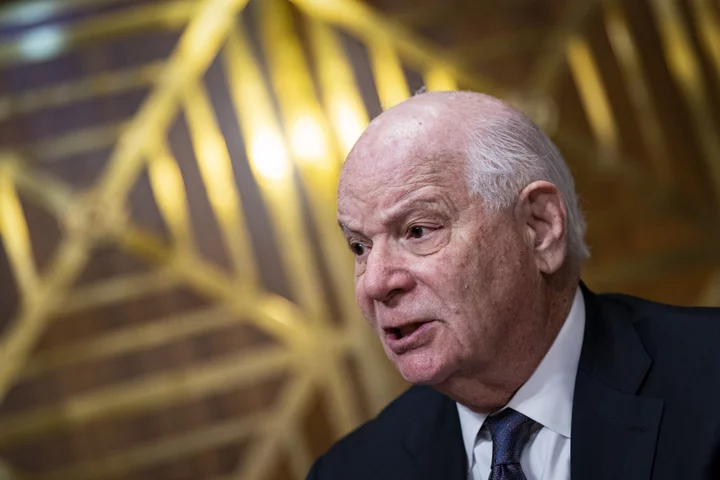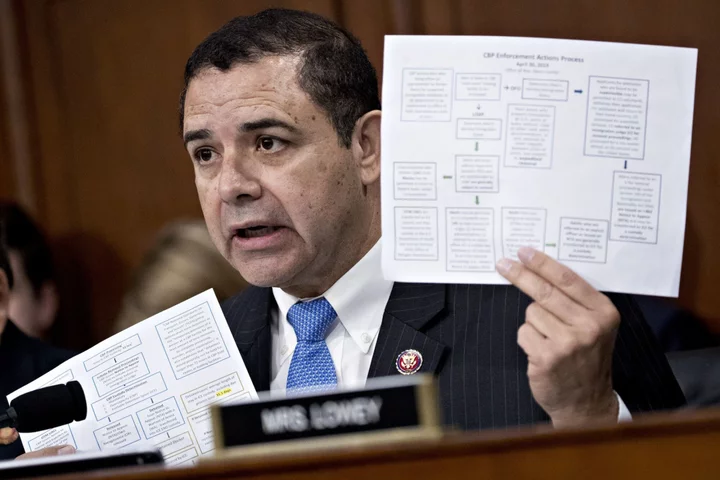By Huw Jones
LONDON A global body with banking oversight has played down the rescue of Credit Suisse, saying there was no need for an overhaul of international rules written after the global financial crash more than 15 years ago to prevent such a debacle.
The Financial Stability Board, an influential group of central bankers, regulators and officials from the globe's top economic powers, issued its report of "lessons to be learnt" on Tuesday, concluding the framework was a success.
In particular, it examined why Swiss authorities had chosen to back a takeover by larger rival UBS instead of winding up the bank under a "resolution" mechanism designed after the 2008 global financial crash.
The officials summed up that the "resolution" rules for shutting a collapsing bank without panicking markets could have worked for Credit Suisse, though public money would still likely be needed for such wind-ups.
"This review reaches the conclusion that recent events demonstrate the soundness of the international resolution framework in that it provided the Swiss authorities with an executable alternative to the solution that they deemed preferable," the FSB said.
Only enhancements to how the rules are applied might be needed, rather than changes to their substance, it said.
The report jars with a barrage of criticism of the deal earlier this year when UBS Group emerged as Switzerland's single largest bank after the government hastily arranged and partly bankrolled the UBS takeover of stricken Credit Suisse.
The failure of one of the world's biggest banks and a one-time symbol of Swiss financial strength blindsided the country's officials and regulators, who had long grappled with the lender as it lurched from one scandal to the next.
It was also a test of rules written after the 2008 financial crash.
After taxpayers bailed out banks during that crisis, regulators came out with rules to "resolve" lenders in trouble, such as writing down a bank's debt to replenish capital, or transferring deposits to another bank.
The 11-year old framework aimed to end a situation in which banks were "too big to fail", or held authorities hostage in a crisis to stop markets from getting spooked.
The report stops short of criticising Switzerland even though Bank of England Governor Andrew Bailey has said the Swiss did not follow the "playbook", creating "ambiguity" in markets about the credibility of resolution of big banks.
The FSB said Switzerland's action had preserved financial stability, even though it raised questions as to why the resolution approach was not chosen.
The FSB said the Swiss case highlighted that to use the resolution rules effectively, there is a need for an adequate public sector backstop, such as a central bank lifeline, deposit insurance funds, or fiscal lending.
Authorities may also need to be better prepared for an increased speed of bank runs due to round-the-clock availability of payments, mobile banking and social media, the FSB said.
(Reporting by Huw Jones; editing by John O'Donnell and Paul Simao)









